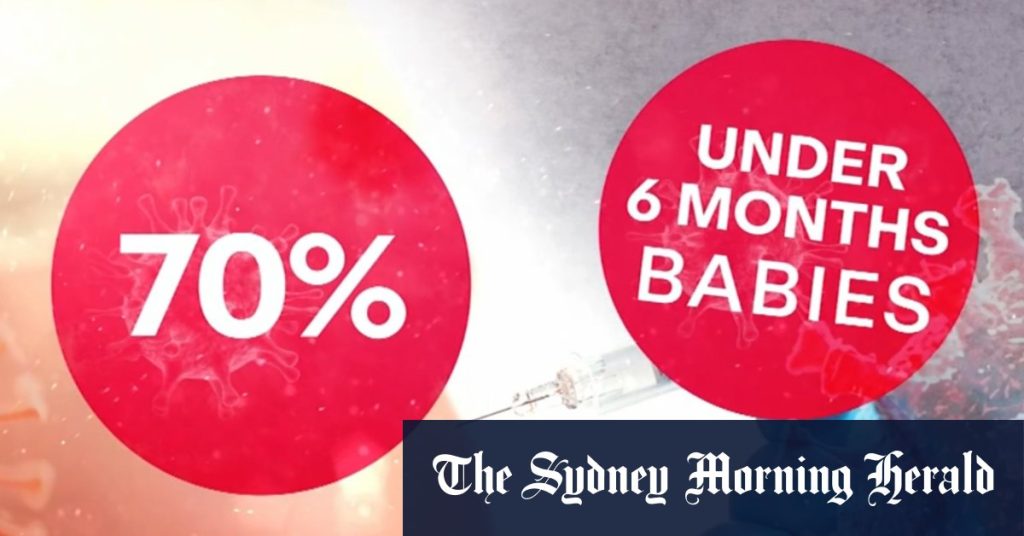The Respiratory Syncytial Virus (RSV) poses a significant threat to infants, young children, and older adults, causing severe respiratory illnesses that can lead to hospitalization and even death. While RSV is a common virus, its impact on vulnerable populations underscores the need for effective preventative measures. A promising development in this fight against RSV is the introduction of a vaccine specifically designed for pregnant women. This vaccine, soon to be available free of charge, aims to protect newborns from RSV by providing them with passive immunity through maternal antibodies. The administration of the vaccine during pregnancy allows for the transfer of these protective antibodies across the placenta to the developing fetus, offering critical defense during the infant’s first few months of life when they are most susceptible to severe RSV infections.
The decision to offer the RSV vaccine free of charge to pregnant women reflects the public health imperative to protect this vulnerable population. RSV infections in infants can lead to bronchiolitis and pneumonia, requiring hospitalization and intensive medical care. The burden on families and healthcare systems from these infections is substantial, both in terms of emotional stress and economic costs. By vaccinating pregnant women, health authorities aim to significantly reduce the incidence of severe RSV disease in infants, minimizing the need for hospitalizations and the associated healthcare expenses. This proactive approach to RSV prevention promises to improve infant health outcomes and lessen the overall societal impact of this pervasive virus.
The development of this maternal RSV vaccine represents a significant advancement in preventative medicine. Extensive research and clinical trials have demonstrated the safety and efficacy of the vaccine in pregnant women and their infants. The vaccine works by stimulating the mother’s immune system to produce antibodies specifically targeted against RSV. These antibodies are then transferred to the fetus, providing a shield against RSV infection during the critical period after birth when the infant’s own immune system is still developing. This passive immunity offers crucial protection during the first few months of life, reducing the risk of severe RSV disease and its potentially life-threatening complications.
The availability of a free RSV vaccine for pregnant women marks a significant step forward in public health initiatives aimed at protecting vulnerable populations. This preventative measure aligns with broader strategies to reduce the burden of infectious diseases, particularly those affecting infants and young children. By offering the vaccine free of charge, health authorities are ensuring equitable access and encouraging widespread uptake among pregnant women. This approach not only safeguards individual infants but also contributes to the overall health and well-being of communities by reducing the prevalence of RSV infections and their associated healthcare costs.
The implementation of this vaccination program will require concerted efforts from healthcare providers, public health officials, and community organizations. Educating pregnant women about the benefits and safety of the RSV vaccine is crucial for ensuring widespread acceptance and uptake. Clear and accessible information about the vaccine, its administration, and potential side effects will empower expectant mothers to make informed decisions about their health and the well-being of their babies. Collaboration between healthcare professionals and community partners will be essential for disseminating information, addressing concerns, and facilitating access to the vaccine for all eligible pregnant women.
The introduction of a free RSV vaccine for pregnant women represents a significant advancement in the fight against this common but potentially dangerous virus. By providing passive immunity to newborns, this vaccine promises to dramatically reduce the incidence of severe RSV infections in infants, lessening the burden on families, healthcare systems, and society as a whole. The successful implementation of this vaccination program will depend on widespread education and access, ensuring that all pregnant women have the opportunity to protect their babies from the serious health risks posed by RSV. This proactive approach to disease prevention holds the promise of a healthier future for infants and a reduction in the overall impact of RSV in our communities.

